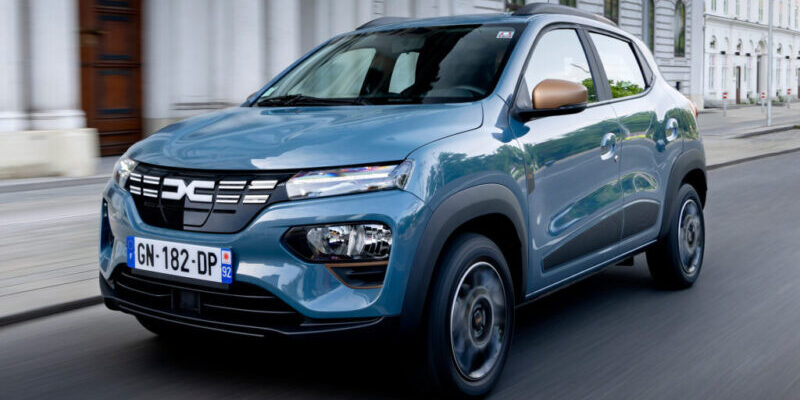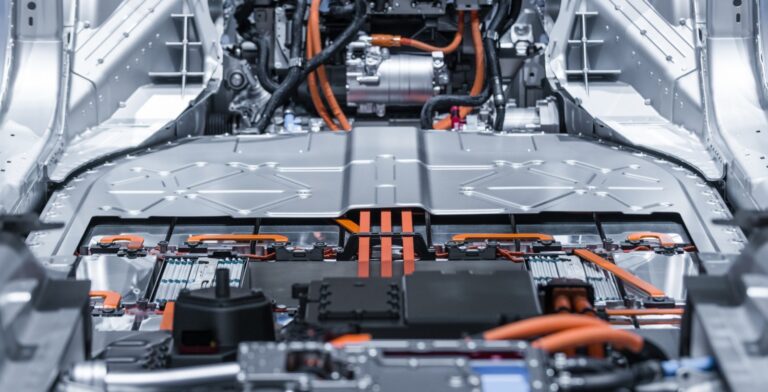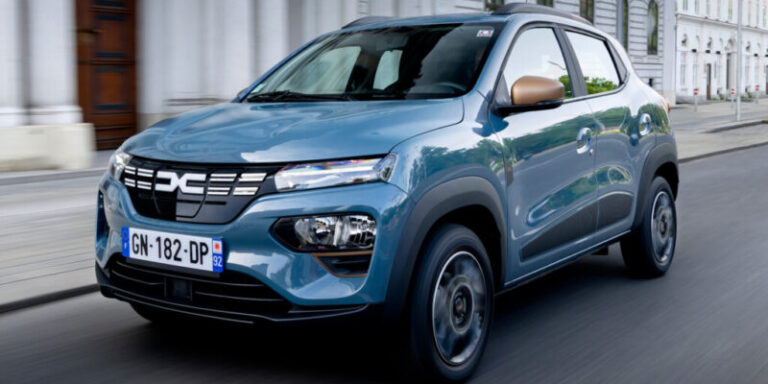
Chinese electric vehicle (EV) giant BYD is rapidly expanding its footprint in South Africa, aiming to triple its dealership network by 2026 and establish a dominant presence in Africa’s largest automotive market.
Having entered the South African market in 2023 with its battery-electric ATTO 3, BYD currently operates around 13 dealerships nationwide. The company now plans a swift expansion, with 20 dealerships expected by the end of 2025, and between 30 and 35 projected by 2026.
“South Africa is one of the most important automotive markets in the southern hemisphere—and probably the biggest in Africa,” said Steve Chang, General Manager of BYD Auto South Africa. “It’s a market that we have to look at and see how we can develop it.”
Chang emphasized that building a strong local presence early will position BYD as a leading brand as South Africa transitions to new energy vehicles (NEVs). “We want to educate and cultivate the market of South Africa and make sure that the South African consumers can catch up with the rest of the world,” he told Reuters.
BYD is implementing a dual-powertrain strategy, expanding its model lineup to meet a wider range of consumer preferences. In April 2025, the company introduced three new vehicles:
the plug-in hybrid Shark pick-up,
the hybrid SEALION 6,
and the fully electric SEALION 7 SUV.
This brings BYD’s total South African offerings to six models, covering both battery electric and hybrid powertrains.
The company’s growth comes amid a sharp rise in NEV interest across the country. According to the National Association of Automobile Manufacturers of South Africa (NAAMSA), NEV sales more than doubled in 2024, reaching 15,611 units, up from 7,782 in 2023.
While NEVs still represent a small portion of total vehicle sales, the momentum signals a growing shift in consumer behavior.
However, challenges remain. South Africa’s limited charging infrastructure, unreliable electricity supply, and higher import duties on EVs compared to internal combustion engine vehicles continue to hinder faster adoption.
Still, BYD remains confident. “While the share of NEVs to total car sales is still low, we are hoping to capture the market early on, in preparation for a meaningful transition,” said Chang.
Facing increasing competition from fellow Chinese automakers such as GAC, Chery, and Great Wall Motors (GWM), BYD’s aggressive expansion reflects not just a bid for market share, but a long-term investment in shaping South Africa’s EV future.






